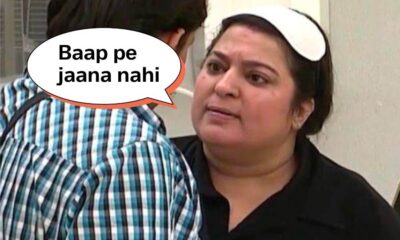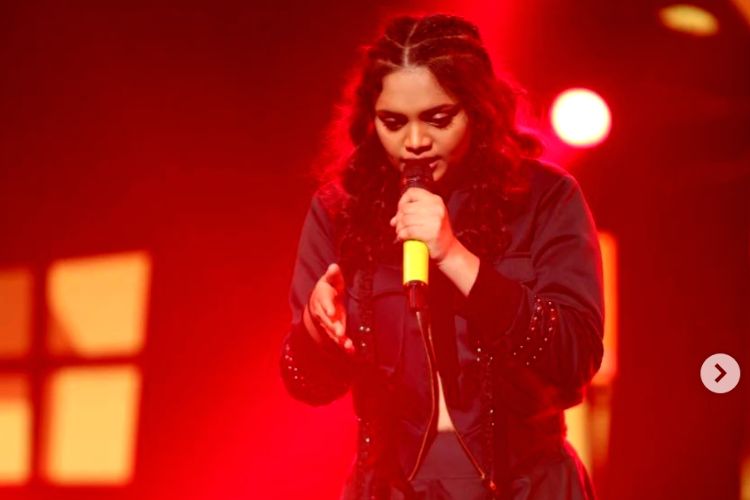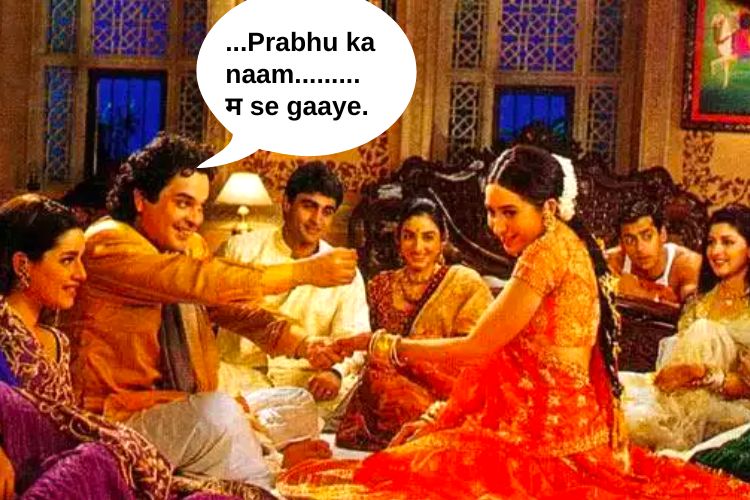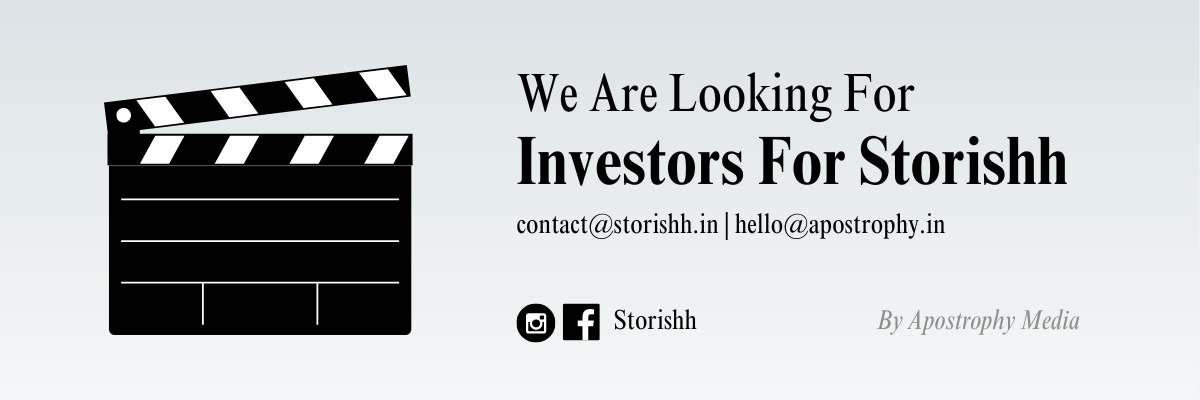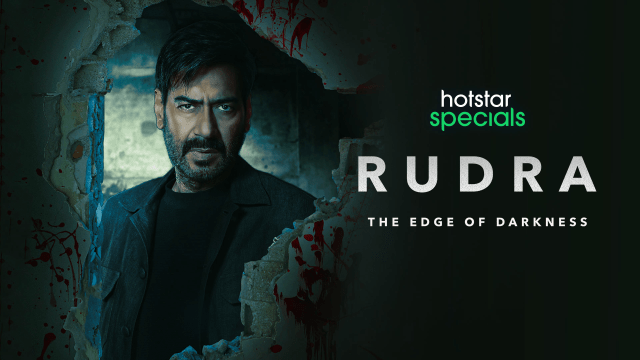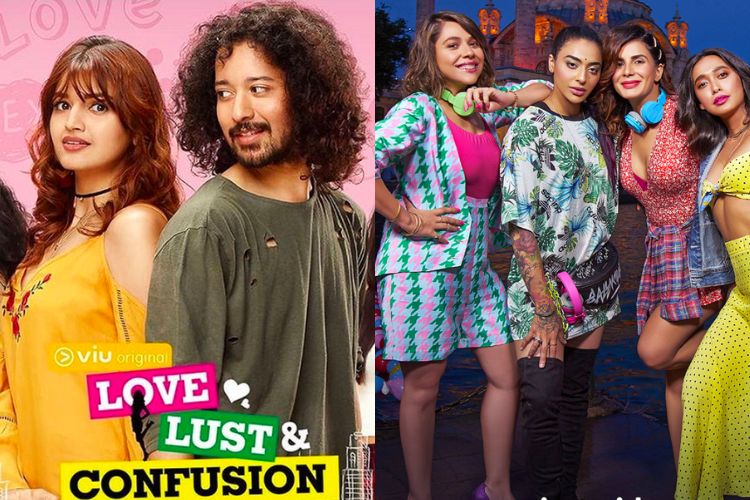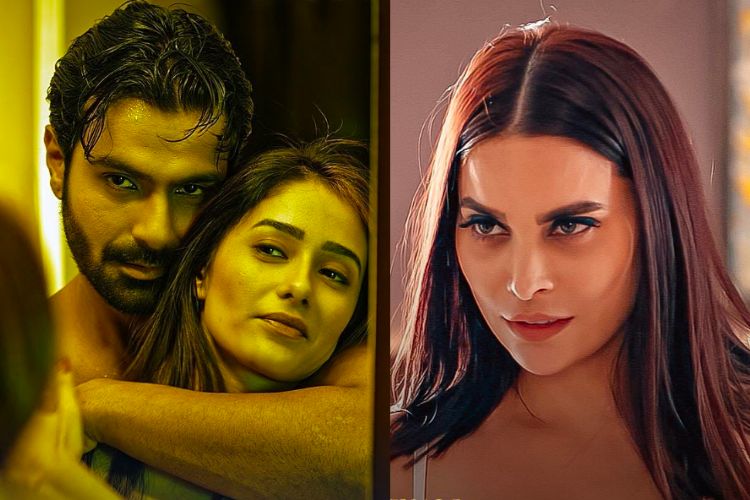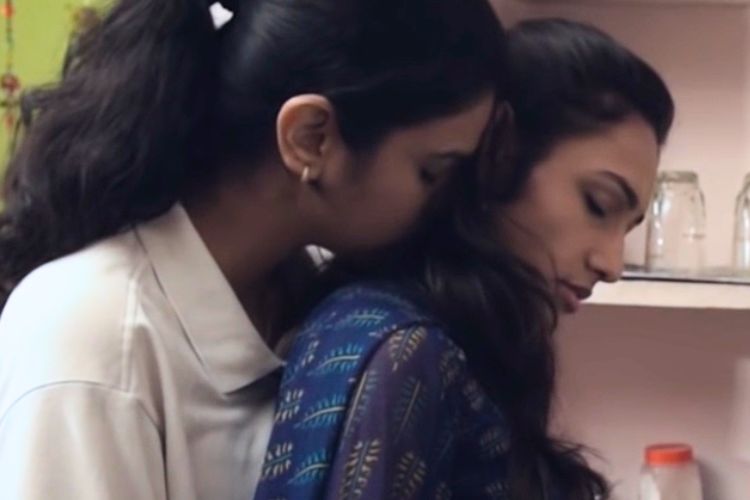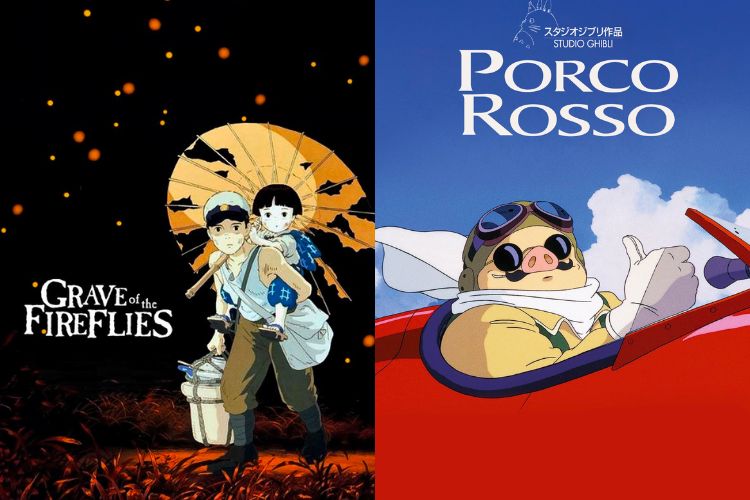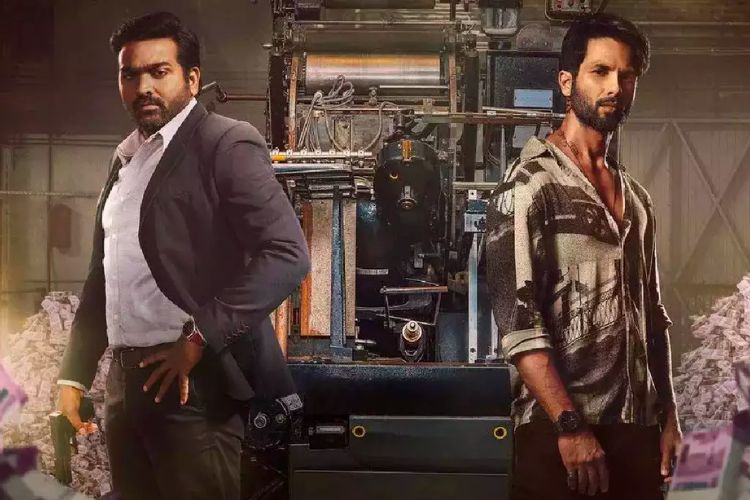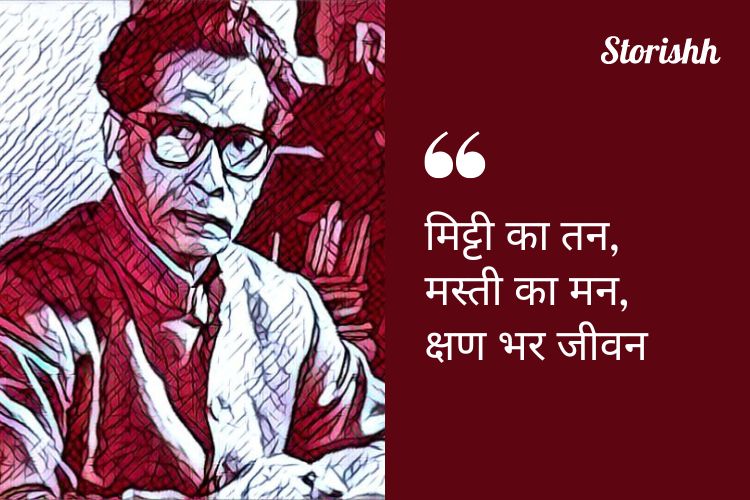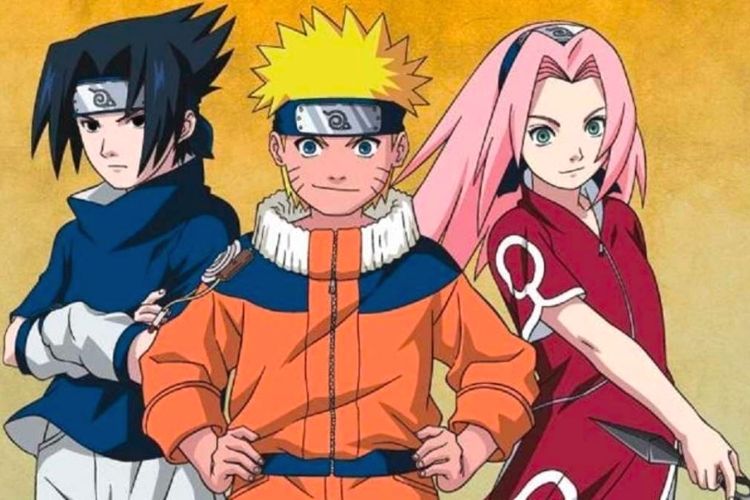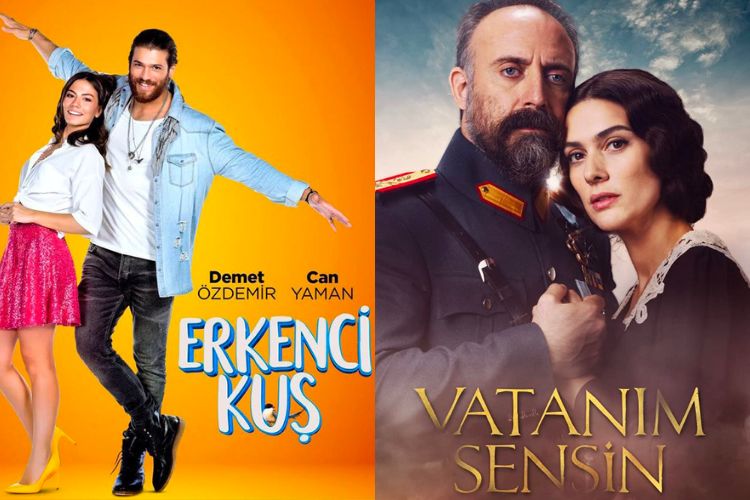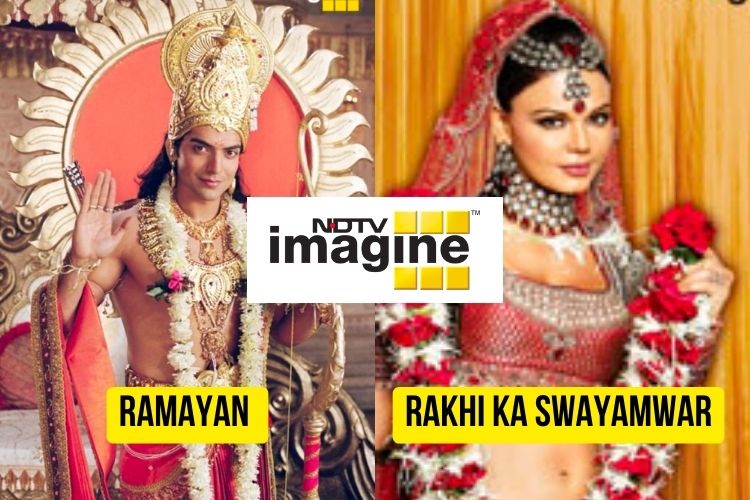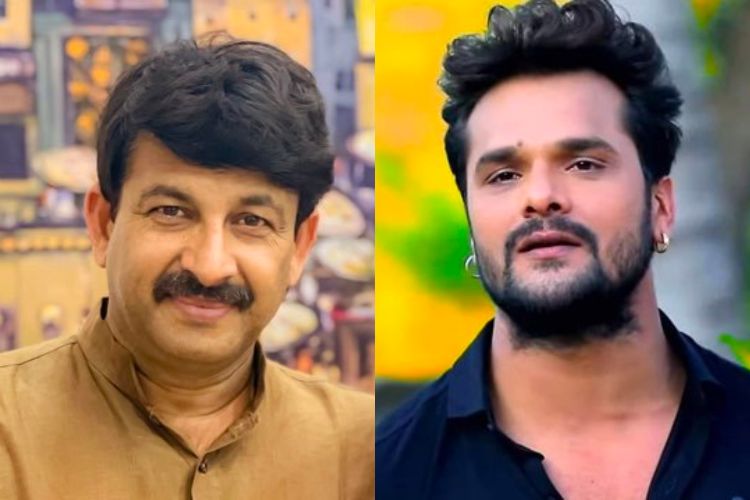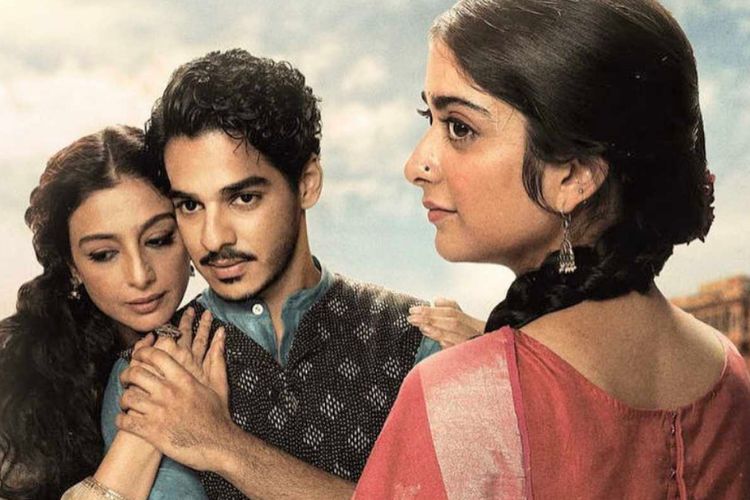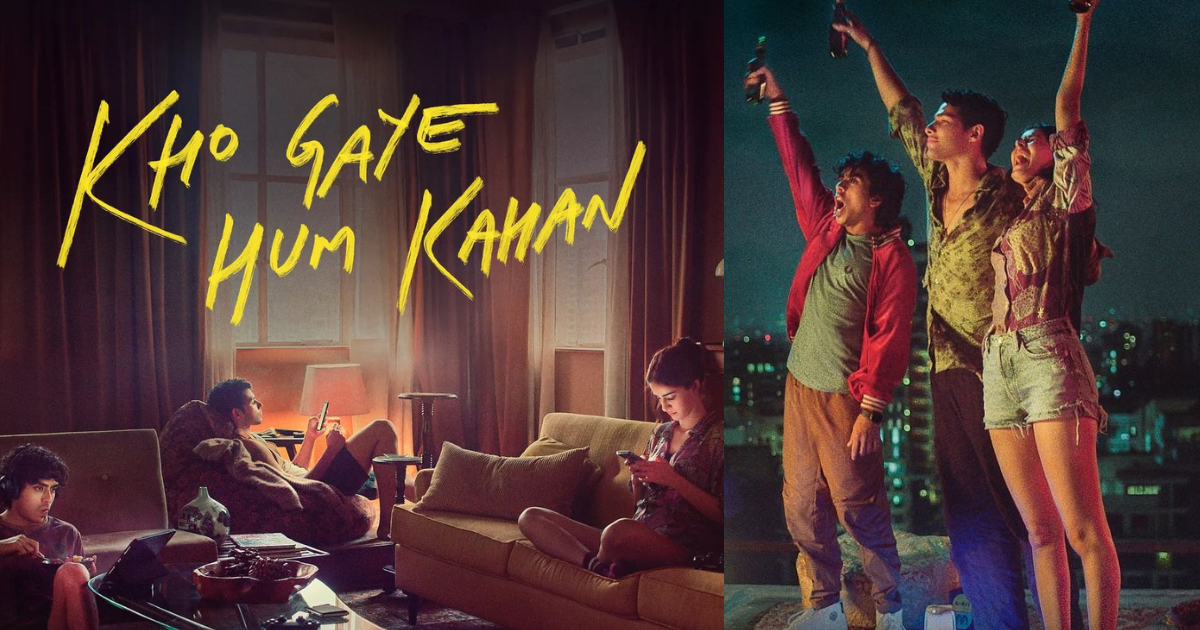
Unveiling Netflix’s ‘Kho Gaye Hum Kahan’: A Perfect Gen-Z Movie
Unveiling Netflix’s ‘Kho Gaye Hum Kahan’: A Perfect Gen-Z Movie
The year 2023 has been quite a fruitful year for Bollywood. We have seen quite a variety of films that have not compressed themselves into the typical standards of the industry. We have had action thrillers, dramas, romantic comedies, and a resurgence of a genre that had not made its appearance for quite a while – Noir (Merry Christmas).
But a film that was quick to get all the eyes on it for its unique script choice and themes was the Arjun Vairain Singh directorial Netflix film Kho Gaye Hum Kahan.

The thin line between real and virtual is rapidly becoming thin. Completing a particular task without checking social media posts on your phone might be considered a challenge today. Offline seemed to be labeled the new luxury. It’s become a pressing necessity in a world destroyed by the evils of virtual curses.
Plot
Two flatmates, Ahana (Ananya Panday) and Imaad (Siddhant Chaturvedi), in addition to their buddy Neil (Adarsh Gourav), think about these ideas the hard way. Imaad, a stand-up comedian, looks for comfort on Tinder, Ahana dreams about a fairy tale romance with Rohan (Rohan Gurbaxani), and Neil dreams of opening his gym, but each faces their challenges. The three of them are preparing for an awful reawakening when they see the consequences of their social media behaviors in their daily lives.
Set in Mumbai, three close friends go through life, relationships, and professional problems in this emotional-social-slice-of-life drama that untangles itself like a thriller.
What Works?
The Dynamic Between The Trio
The three of them who live in Mumbai might not fully understand the other person’s goals in life and work, but there is always an air of empathy, unspoken compassion, and a sincere attempt to be there for one another. Immersed in the mess of everyday life, they frequently look for solace not in each other’s friendship, but by surfing through social media pages and admiring the lifestyles of others who allegedly have happy lives. Their experiences of loss, romance, and ambition intersect in the virtual world, and this is at the core of Kho Gaye Hum Kahan.
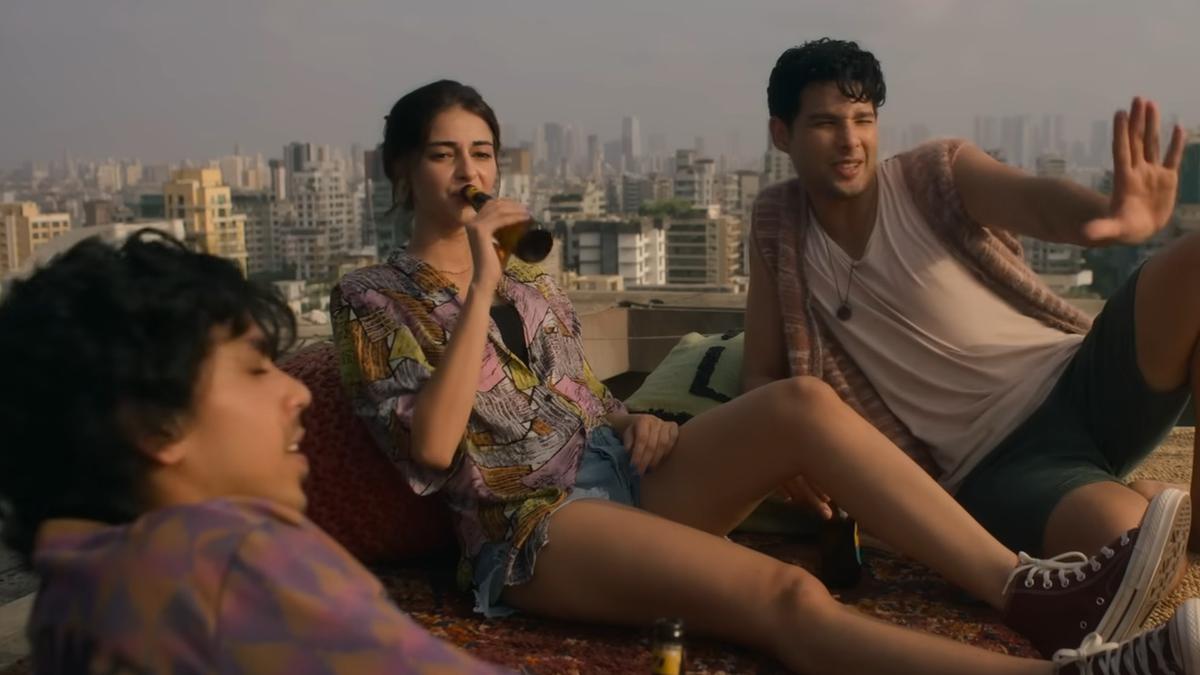
Director Arjun Varain Singh’s slice-of-life social drama serves as a biting social satire on the existential crises of youngsters and Gen-Z as a whole. His urban narrative reflects our current mental state. How did documenting moments turn into making content? Why did swiping right and left take over our lives? What begins as a light-hearted friendship story quickly transforms into a dark interpersonal thriller about trauma and isolation in the digital era.
Writing
Writers Zoya Akhtar, Reema Kagti, Yash Sahai, and Arjun (story) cleverly include class differences into the narrative. It’s all recognizable, from Adarsh Gourav’s Neil, an ambitious fitness teacher who judges himself for not fitting into the mold, to influencers advertising a lifestyle they couldn’t otherwise afford.
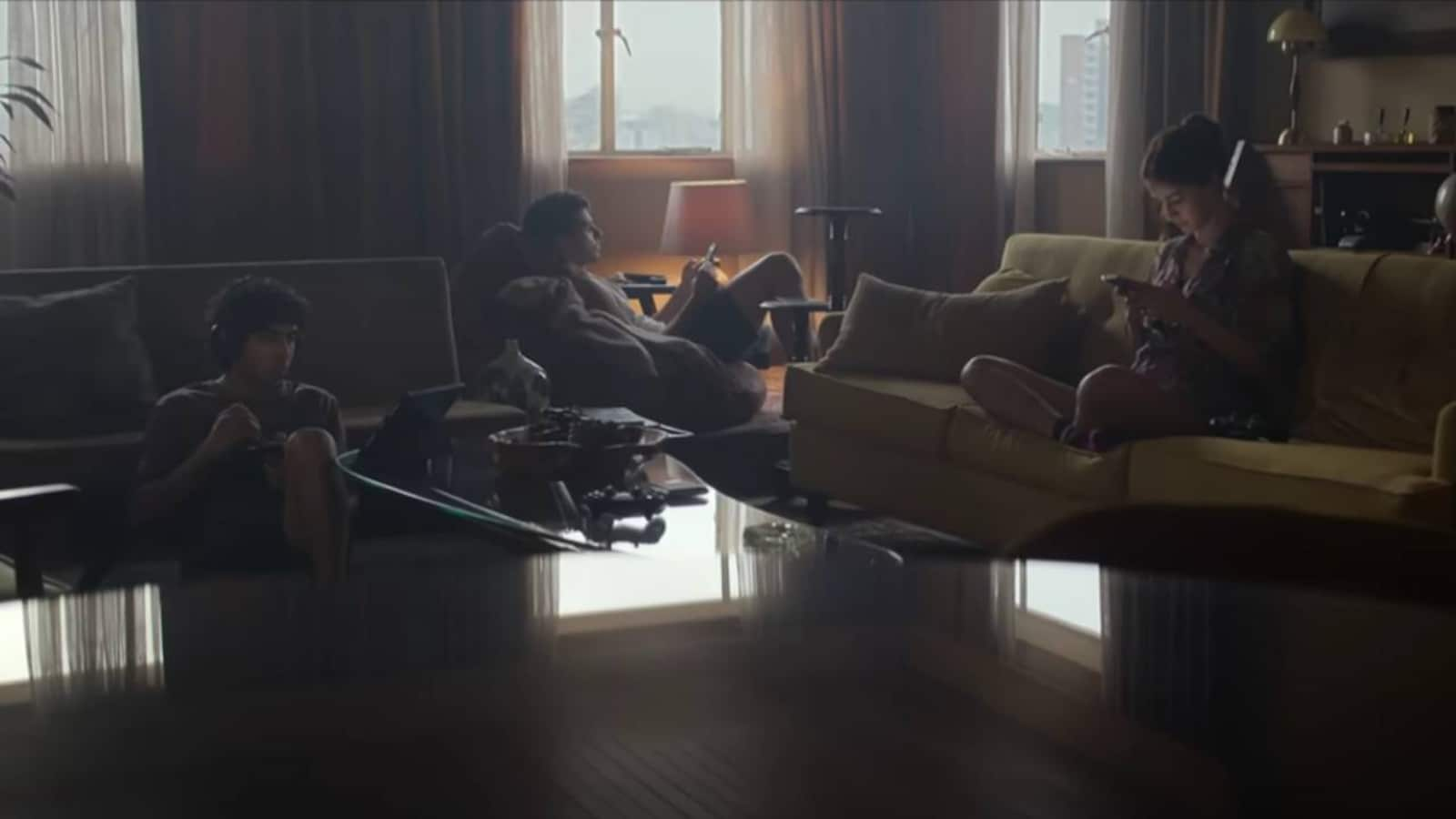
Kho Gaye Hum Kahan makes you conscious of the dangers of social media, often focusing on the hollow views of people who use it to present another version of their lives to the world, and at times even causing you to get anxious about your virtual existence because it is not as real as one would like to believe. Little subtleties in the writing allow the characters to communicate their story more effectively and without becoming overly shallow.
Except for a few rare events, the writing primarily deals with first-world concerns, which, while authentic, are also set in an affluent environment. The plot is vague in parts. Much is left to the audience’s imagination.
Roommates rarely cook or split bills. While some additional details on the co-living scenario would have been helpful, the distressing, mystery-filled treatment overshadows the plot. Each scenario makes you nervous and makes you fear for the worse. The intent is spot on, as are the main character’s performances.

What makes the plot more compelling is that the screenwriters refrain from choosing a lecturing approach; no uninteresting speeches are trying to teach you why you should or should not use social media.
The film does not try to present a manual of regulations of do’s and don’ts, but it does pass on a message that acts as an everyday lesson quietly. The film never loses its focus despite being 2 hours and 15 minutes long. Some portions were hurrying and we could have used more context.
Several well-written scenes stand out, including Ahana’s confrontation with her lover, Imaad’s argument with Neil after he pulls on his romantic status for his stand-up set, and Neil’s disappointing moment on Instagram. Imaad’s stand-up acts are genuinely funny with excellent comic timing.
The Performances
Ananya Panday has played the part of Ahana beautifully. She is lively, adventurous, and vulnerable, yet she does not sacrifice her core values. The additional layer to her character offers her plenty of room to perform, especially in the intense scenes. She convinces you to place yourself in her flaws and worries.
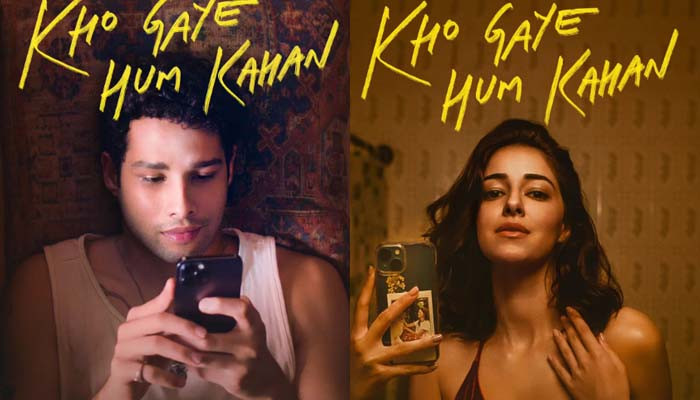
Siddhant Chaturvedi is so smooth and natural on the screen that you almost believe he’s doing stand-up as a side job. He manages to make a strong onscreen presence and does not allow you to be sidetracked. He provides Imaad with an amazing combination of softness and a detached attitude.
 After his critically lauded performances on the internet, Adarsh Gourav breaks free in Kho Gaye Hum Kahan. He is much more relaxed, at ease, and makes an immediate impression on the audience. Adarsh, possibly the most complex of the three leads, is never exhausted and maintains his composure. He remains with you as he skillfully expresses Neil’s emotional struggle and buried fury.
After his critically lauded performances on the internet, Adarsh Gourav breaks free in Kho Gaye Hum Kahan. He is much more relaxed, at ease, and makes an immediate impression on the audience. Adarsh, possibly the most complex of the three leads, is never exhausted and maintains his composure. He remains with you as he skillfully expresses Neil’s emotional struggle and buried fury.
Final Thoughts
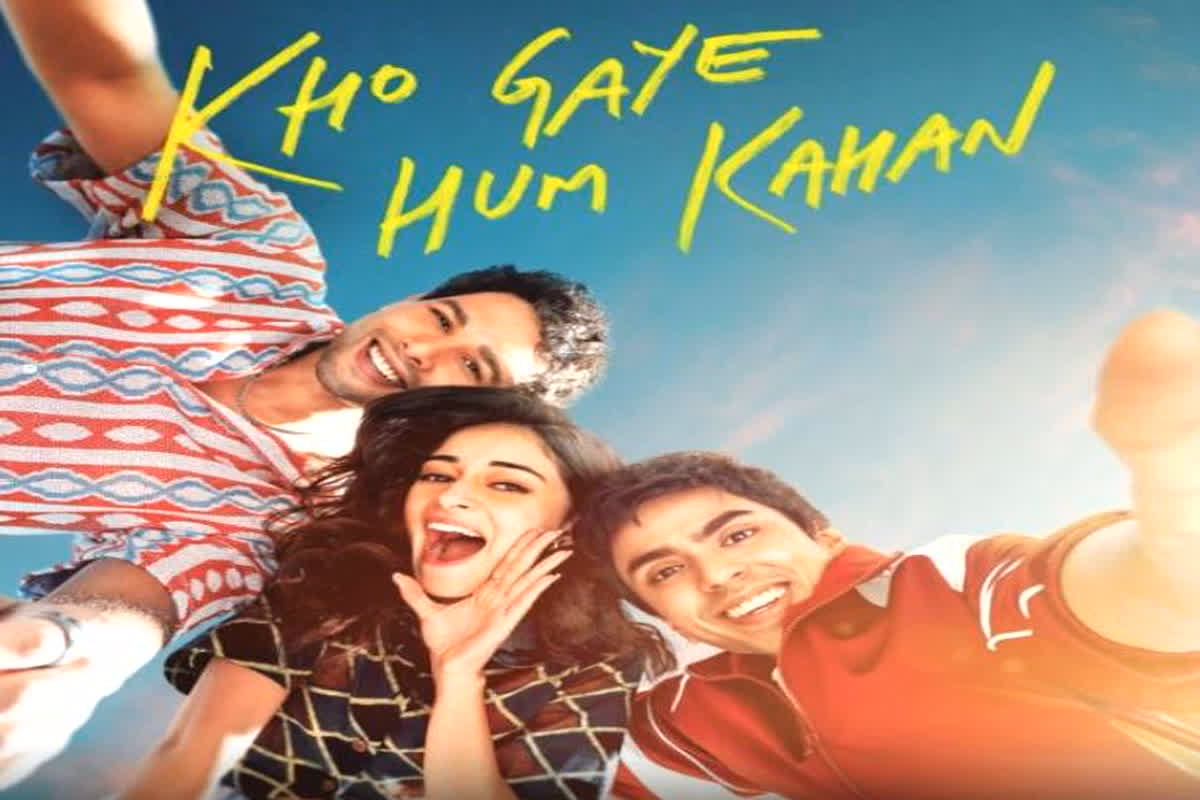
Kho Gaye Hum Kahan presents a coming-of-age story in a simple yet effective manner. The storytelling isn’t overly dramatic. The discussions are straightforward and relatable. It is a fresh and frightening modern-day horror film that tries to confront you with the truth. It will make you reconsider posting pointless pictures, stalking your ex, wasting your time on reels, etc.
The emotions depicted differ in nature, but the plot never drifts. If Kho Gaye Hum Kahan is right and a person checks their phone an average of 234 times each day, it’s no surprise that a film like this results in an engaging watching experience on the screen.
Entertainment
The Most Versatile Disney+ Hotstar Web Series

Disney+Hotstar has one of the most varied kinds of catalogs when it comes to web-series. When it comes to choosing a web series for casual viewing or binge-watching, one can get too overwhelmed as to which web series to watch. Recently different kinds of web series streamed on Disney+Hotstar, that you can stream, ranging from spine-chilling thrillers to hilarious comedies.
Page Contents
The Most Versatile Disney+ Hotstar Web Series
Rudra: The Edge of Darkness
A psychopath goes on a spree targeting Mumbai police, murdering uniformed officers. The only way Rudra can reach him is by rendering himself the killer’s victim. Rudra can review a past case in which a member of a cult suspected of murder resurfaces after more than ten years of hiding, abducting, and murdering women to suck their blood.
The Freelancer
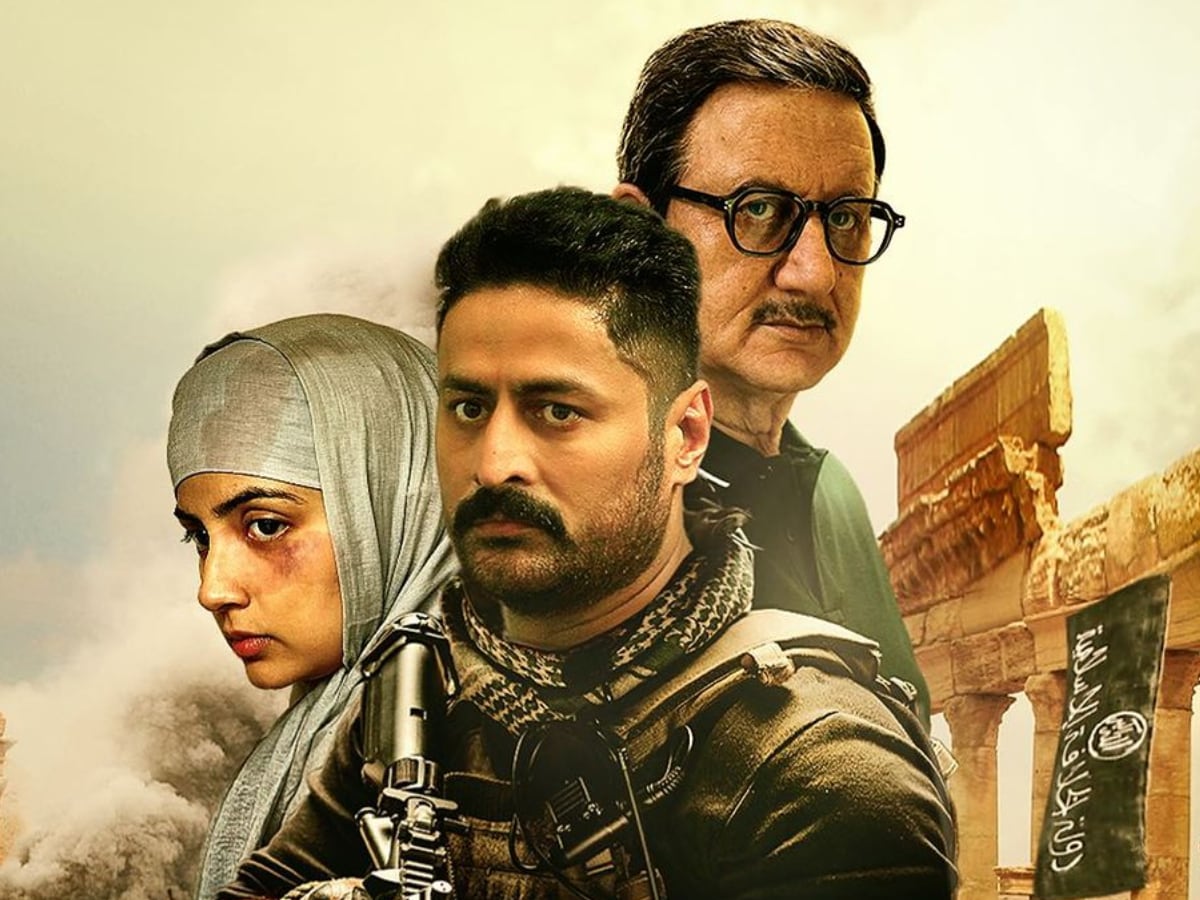
Inspired by the book ‘A Ticket To Syria,’ an ex-police officer turned freelance Avinash Kamath, aka ‘The Freelancer, undertakes the difficult job of rescuing Aliya, a freshly married girl stranded in devastated by war Syria amid the background of increasing ISIS terrorism.
Aarya
The illicit drug mafia and unlawful groups intend to kill his entire family. In reaction, Aarya joined the gangs. The show follows her road towards becoming a crime queen who wants revenge on the people who killed her spouse. In addition, she looks for her three children.
Pam & Tommy
Pam & Tommy tells Pamela Anderson and Tommy Lee’s troubled three-year marriage, with a focus on the burglary and illegal sale and distribution of an iconic sex tape that the pair secretly recorded during their honeymoon.
Criminal Justice
The series follows Aditya Sharma’s (Vikrant Massey) life after he is wrongfully convicted of killing Sanaya Rath (Madhurima Roy). The series is divided into ten episodes. The series begins by presenting Aditya Sharma, a cab driver of a middle-class family.
Saas Bahu Aur Flamingo
A family led by a tough grandmother runs the biggest drug organization in South Asia, deep within the mythological surroundings of Runjh Pradesh. Rani Cooperative, which advertises itself as a homeopathic and doll-making business, is a successful and wealthy business run solely by women.
Special Ops
The narrative features Himmat Singh from the Research and Analysis Wing, who notices identical trends in terrorist incidents and believes a single individual is responsible for all of them. His task force consisting of five agents who reside in different regions of the world seeks to capture the mastermind.
The Great Indian Murder
Popular Vicky Rai, a Delhi industrialist, gets involved in the rape and murder of two underage girls. Vicky throws a celebration after his release from jail. Jagannath Rai is disappointed by the CM and wants Vicky’s assistance in taking revenge. In this current day, police apprehend two killing suspects who have guns on them.
Taaza Khabar
Vasya’s life in the slums is difficult. His sole relief and love interest is Madhu, an illicit prostitute. One day, his charity is repaid as he receives an elderly lady’s blessings. Only Vasya’s buddy Peter trusts in his condition, and they decide to use his newfound authority by attempting to sell an antique vase.
The Night Manager
Shantanu ‘Shaan’ Sengupta, a retired Lieutenant from the Indian Navy, is now employed as a night manager in a five-star hotel in Dhaka, Bangladesh during the Rohingya genocide in 2017. Safina Kidwai, a 14-year-old girl wedded to the famous hotel’s main owner, Freddie Rehman, approaches Shaan for help in escaping to India. After his refusal, she grabs his phone and secretly records a discussion involving Shailendra ‘Shelly’ Rungta and her spouse about purchasing and importing illicit weapons into Bangladesh.
Entertainment
Highest Grossing Indian Movies of All Time
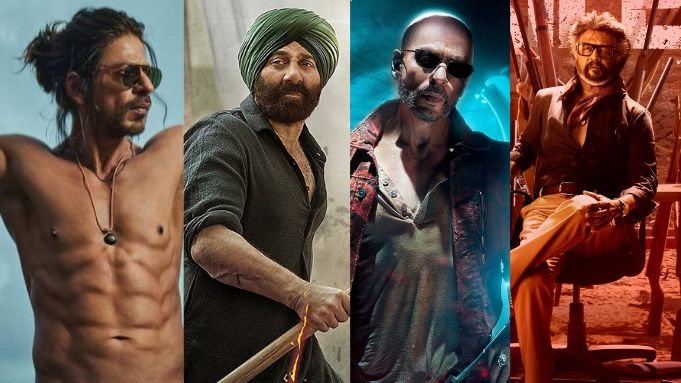
Highest Grossing Indian Movies of All Time
India is the country which produces the highest number of films in the world in a year.
This happens because of the different states and languages that are present in the country, which often help our country to showcase the variation of stories that we have and the range that we have which often end up making a huge mark in the global charts. Today we will discuss these films.
Page Contents
2.0 (2018)
10th number on our Highest grossing Indian movies of all time list. 2.0 a follow-up to Shankar’s Robot (2010) is called 2.0. In that movie, a robot becomes conscious, believes humans are a lower species, and becomes determined to rule the entire planet. The current movie centers on Chitti’s rebirth during the “fifth force” attack on the planet. The film opens with an elderly ornithologist named Pakshirajan (Akshay Kumar) taking his own life. From that day forward, odd things continue to occur.
.jpg?rect=0%2C0%2C1920%2C1080&auto=format%2Ccompress&fmt=webp&width=120&w=1200)
People’s mobile phones in Chennai seem to fly away from one another. Subsequently, cell phones are implicated as a killing weapon in two murders: the chief of a wireless service provider and the largest mobile dealer in the city. Investigative support is requested from the scientific community.
Secret Superstar (2017)
Insia comes from a rather traditional household, despite her intense love for music. Her mother quietly permits her to pursue her love of singing, even if her father forbids her from developing her gift.

She starts sharing her songs online under aliases and becomes well-known across the country, even among music business insiders. Her struggle to become independent and pursue her goal of becoming a musician is depicted in the film.
PK (2014)
PK is a situation-driven comedy about an outsider in the city, PK (Aamir Khan) who asks questions no one else has. The questions are innocent, child-like queries, yet the answers are disastrous. People who have been stuck in their ways of life for generations have to rethink the world around them when they see it through PK’s innocent eyes.
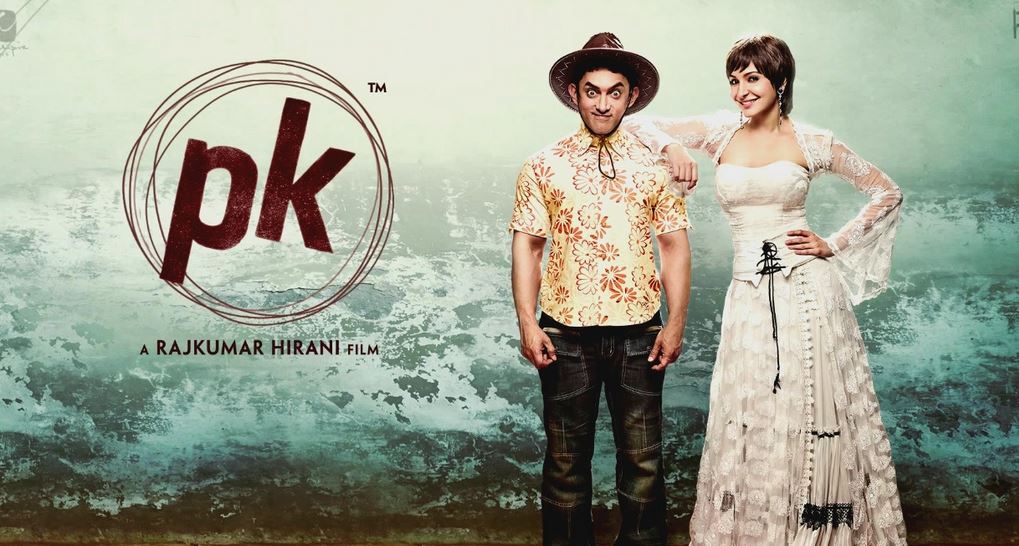
In the process, PK makes both devoted friends and powerful rivals. Heals broken lives and enrages the structure of society. P. K.’s naive curiosity leads to a spiritual journey for him as well as hundreds of thousands of others.
The movie is a daring and creative study of complicated philosophical ideas. It additionally serves as a simple and heartfelt story about love, laughter, and letting go. Finally, it’s a touching story about a bond between strangers.
Animal (2018)
Ranvijay Singh Balbir returns after eight years to protect his father Balbir Singh following an attempt on his life, which leads him to discover the darkest secrets of his family.

The film is a love story between the character of Ranvijay Singh Balbir, played by Ranbir Kapoor, and his father, Balbir Singh, played by Anil Kapoor.
Bajrangi Bhaijaan (2015)
Pawan, a devoted Indian Hindu meets a mute Pakistani Muslim girl named Munni. Pawan grows a more accepting, compassionate man as an outcome of Munni’s positive impact. Bajrangi Bhaijaan brings two people from very different origins together in an alternate father-daughter friendship. Of course, Pawan faces numerous challenges in bringing Munni home.

There are as many bitter situations to watch in Bajrangi Bhaijaan as there are good moments. It’s an extremely moving experience that promotes peace among individuals.
Pathaan (2023)
Indian Intelligence agent “Pathaan” (Shah Rukh Khan) learns of a huge upcoming attack on India, carried out by a hired killer squad lead by the brutal mystery Jim (John Abraham), who has his history.
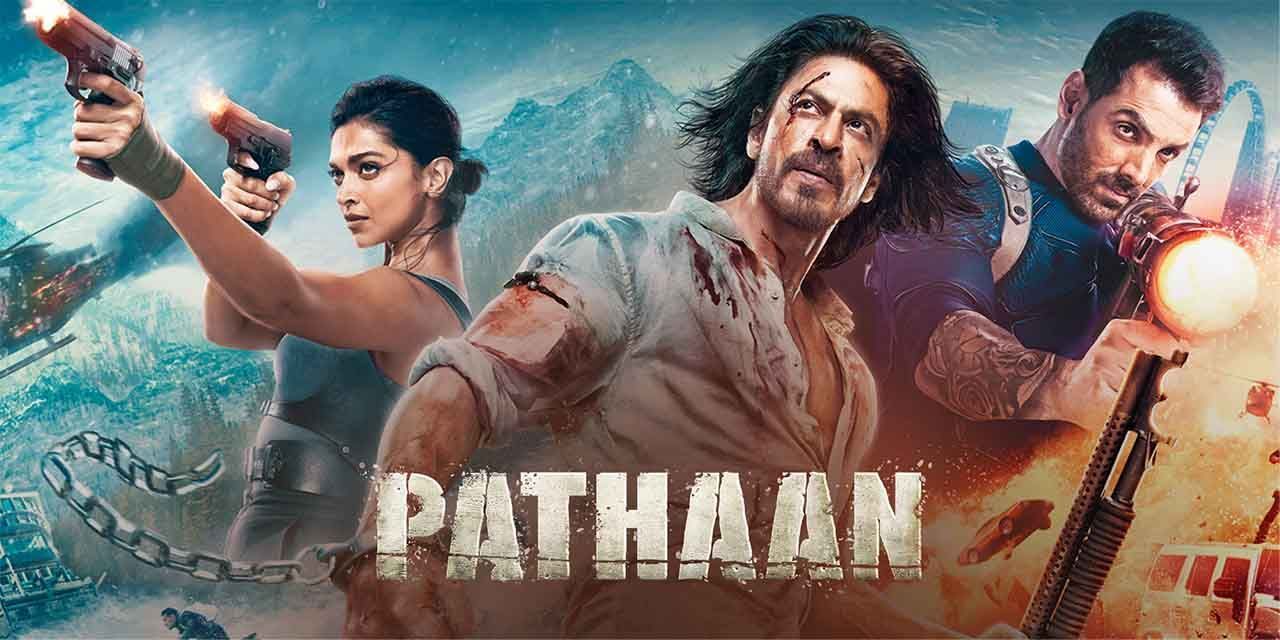
With the doom clock ticking and his only possible friend, agent Rubai (Deepika Padukone), Pathaan must fight multiple deceit and confront destruction as he fights Jim.
Jawan (2023)

A guy is motivated by an agenda to right injustices in society while upholding an agreement he made years before. He encounters a fearless terrible outlaw who has brought immense distress to many.
KGF: 2 (2022)
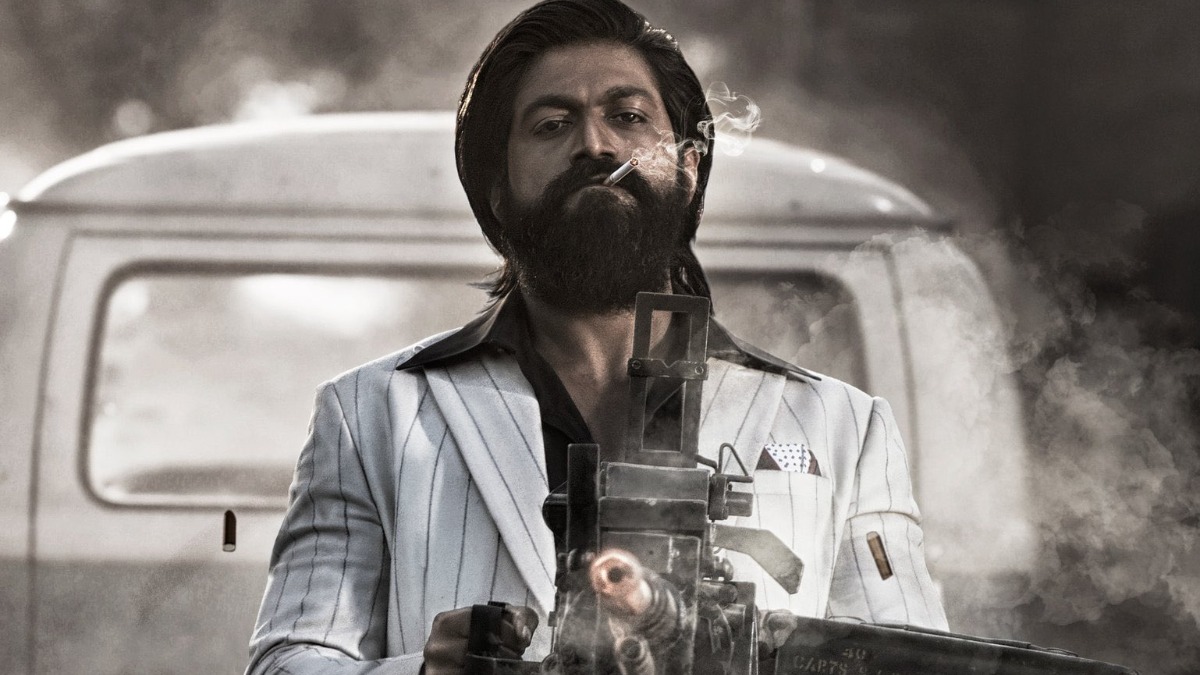
The blood-soaked kingdom of Kolar Gold Fields now has a new ruler, Rocky, whose name instills dread in his opponents. His allies look to him as a rescuer, the authorities regard him as an enemy, and his opponents demand vengeance.
RRR (2022)

A courageous rebel and a British officer who once had a profound friendship choose to join the forces and create an inspiring road of freedom against dictatorial regimes.
Dangal (2016)

At the top position of Highest grossing Indian movies of all time list is none other than Dangal. Mahavir Singh Phogat, a former professional wrestler, chooses to pursue his goal of earning a gold medal for his nation by training both of his daughters in the Commonwealth Games, despite prevailing social stigmas.
Entertainment
Alia Bhatt’s Stellar Filmography
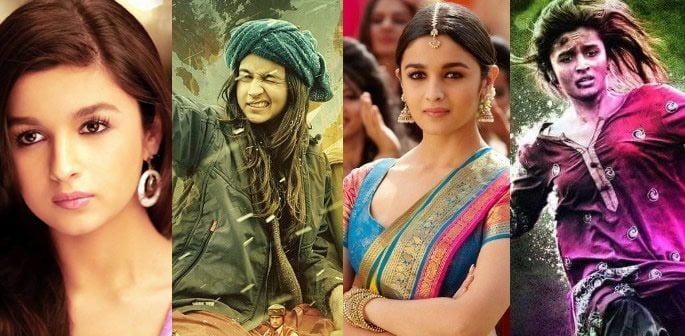
Alia Bhatt is one of the most prolific Bollywood Actresses in the contemporary space of Bollywood, who has also ventured into Hollywood last year. She has proved her talent through numerous films and started her career at the mere age of 19 with the Karan Johar directorial Student of the Year (2011).
Known for her depictions of women in challenging scenarios, she has won several accolades, including a National Film Award and six Filmfare Awards. She is one of India’s highest-paid actresses of Bollywood, appearing on Forbes India’s Celebrity 100 list since 2014 and receiving the Time100 Impact Award in 2022. Today, on her special day, we will take a look at the most celebrated Alia Bhatt movies in Bollywood.
Page Contents
Alia Bhatt’s Stellar Filmography
2 States (2013)
A romantic journey of a culturally contrasting couple, Krish Malhotra and Ananya Swaminathan. They meet at IIM-Ahmedabad College and fall in love while participating in the program. Complications emerge when the program ends and they decide to marry. Krish and Ananya are from separate states in India. Krish, a North Indian Punjabi kid from Delhi, and Ananya, a Tamil Brahmin from Chennai.

They make an intentional decision: they will not marry until both of their parents agree. Everything goes wrong once the parents meet. There is a dispute over culture, and the parents are against the wedding.
To turn their love tale into a loving marriage, the pair must confront a difficult challenge. Because it is simple to put up barriers and resist, but far more difficult to persuade.
Badrinath Ki Dulhania (2017)
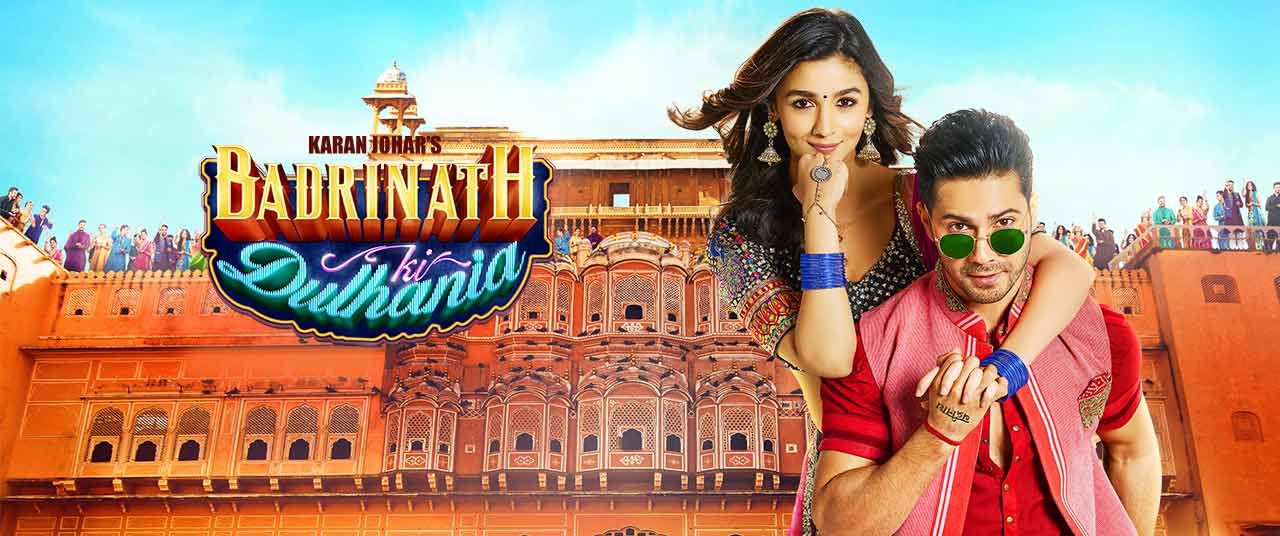
Badri, the rich man’s son, encounters Vaidehi during a wedding, and flames flare between them. However, when he desires little more than to marry her, she wishes to follow her ambition of becoming an air hostess.
Rocky Aur Rani Ki Prem Kahaani (2023)
Dhanlaxmi Randhawa is a prideful businesswoman who considers her spouse Kanwal to be a loser and never allows her son Tijori to get attached to him. Kanwal was involved in an accident and was confined to a wheelchair for the rest of his life.

Years later, he experiences certain occurrences in his life and uses the name Jamini. The doctors encourage them to trace Jamini since it could help them regain their grandfather/father. Rocky, his grandson who is considerably closer to him, tracks down Jamini Chatterjee and discovers that her granddaughter is Rani Chatterjee, a popular anchor.
Rocky sees Rani tells her about Kanwal and asks her grandmother whether she knows him. Rani doesn’t take him seriously, but Jamini reveals the truth.
Raazi (2018)
Raazi is amongst the most critically acclaimed Alia Bhatt movies. During the 1971 India-Pakistan conflict, Hidayat Khan, a freedom fighter, worked as an agent for the Indian government, providing information about Pakistan.

Hidayat Khan hopes that his 20-year-old daughter Sehmat continues to carry on his legacy, as death may call him at any time due to his blood tumors. Sehmat agrees to continue her father’s cultural heritage and is trained by Senior Officer Khalid Mir and his assistant Bakshi.
Hidyat is on friendly terms with Brigadier Parvez Syed, a Pakistani army officer, and chooses to marry Sehmat to his younger son, Iqbal Syed, who is also an army officer.

Sehmat works to settle into her newlywed status and gain the trust of her family, while simultaneously learning important intelligence about Pakistan’s plans against India, which she sends on through various intermediaries. But Sehmat is constantly skeptical of the house’s devoted cook Abdul. Will she be able to do her job?
Darlings (2018)
Badrunissa (Badru) and Hamza are deeply in love and intend to marry after Hamza receives a government job as a T. C (Ticket Collector) in Indian Railways. Still, Badru’s mother, Shamshunissa, is not pleased with her decision.
Three years later, things are not going well between Badru and Hamza since he has become an alcoholic and frequently hits Badru, demanding that she live according to his rules. He is also opposed to his building’s renovation proposal. Shamshunissa is well conscious of her daughter’s regular mistreatment and wishes for her to return home, but Badru remains hopeful that Hamza will change one day.
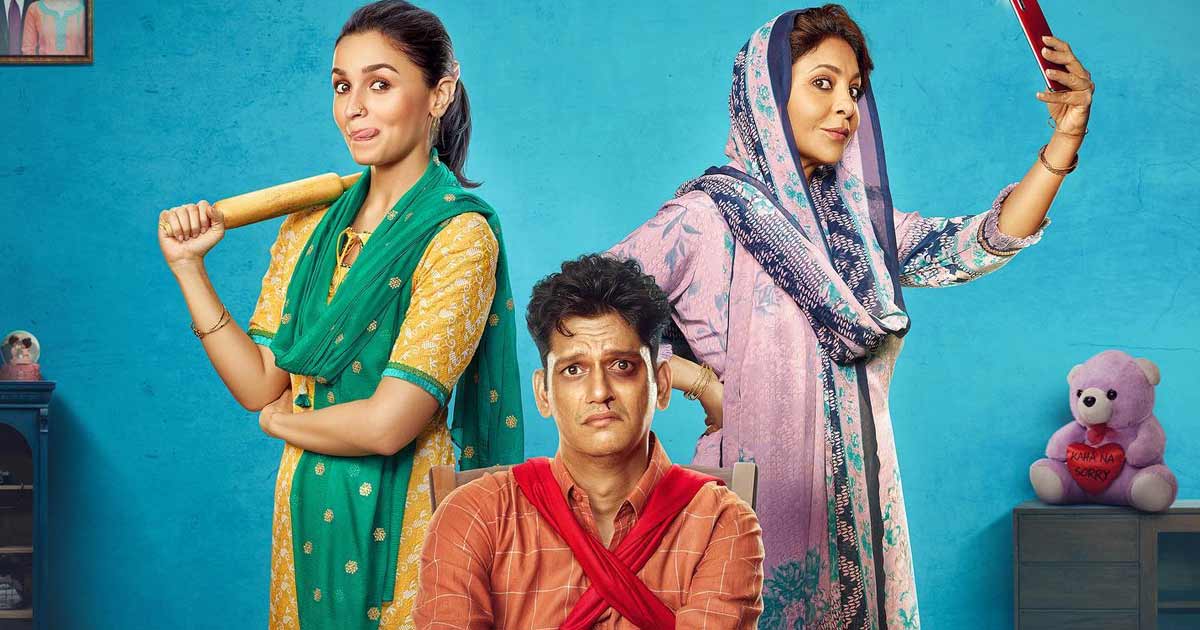
Zulfi, a common acquaintance of Badru and Shamshunissa, complains to law enforcement about Hamza being a wife abuser, but with his sweet talk, Hamza persuades Badru to withdraw the accusation. On their trip home, Hamza strikes Shamshunissa, and Badru is forced to choose between her mother and her husband, ultimately choosing Hamza, causing both mom and daughter to cut connections.
A couple of days later, Badru learns of her upcoming pregnancy and joins Shamshunissa at the very same time Hamza learns through Inspector Jadhav that Zulfi has filed a complaint against him, and Badru is well aware of it. Hamza fears a sexual relationship between them and throws Badru downstairs, causing her to miscarry.

However, Badru continues to stay there; she intends to hold Hamza hostage in their home and torment him in the same way he tortured her. This is Alia’s first OTT project but this series was no less than any Alia Bhatt movies and her performance was praised.
Udta Punjab (2016)
What might a rock superstar, a migrant worker, a doctor, and a cop have something in common? Simple, Punjab! Udta Punjab brings you on an unforgettable journey with four lives and one bond. Shahid Kapoor, Kareena Kapoor, Alia Bhatt, and Diljit Dosanjh play people from all walks of life who each tackle the drug curse in their unique way.

The film explores the manufactured highs and actual lows that they encounter while traveling down dangerous routes. But most importantly, Udta Punjab is about the legendary Punjabi spirit, which, despite being completely down, has the nerve to stare you in the eye.
Gangubai Kathiawadi (2022)
Gangubai most recent and most successful among Alia Bhatt movies. A small girl gets sold to Rashmibai’s brothel and forced to work in the prostitution trade. When the girl refuses to accept, Rashmibai feels compelled to seek the assistance of Gangubai Kathiawadi. Gangubai Kathiawadi, also known as Ganga, desired to become an actress and fled to Mumbai with her fiance Ramnik, who sold her to Shelia Masi’s brothel.

Gangubai had little choice but to become a prostitute, but she earned the respect of other women because she would be their primary support in their fight against Sheila Masi. Gangubai eventually forms a brotherly friendship with Don Rahim Lala. Gangubai quickly established herself as the mafia queen and aimed to improve women’s lives in her town. She chooses to enter politics, but she faces a formidable opponent in Raziabai.
Highway (2014)
A city girl, youthful and full of life, is on a highway at late midnight with her fiancé. Suddenly, her life changes from the shiny jewels of marriage to the gruesome brutality of kidnapping.

Her life will not be ever the same again. The gang is terrified; the girl is a wealthy industrialist’s daughter, and his connections in the halls of power make compensation impossible. However, for the leader of this organization, giving her back is not a choice. As the days pass, the countryside changes and the girl believes she has undergone shifts as well.
Slowly, a weird link forms involving the person being oppressed and the one who oppresses her. For the first time in her imprisonment, she feels carefree, happy, and peaceful.

So which one is your favorite among the above-mentioned Alia Bhatt movies? Let us know in the comments.

 Entertainment2 years ago
Entertainment2 years ago18+ Series That You Undoubtedly Should Not Watch With Your Family

 Entertainment2 years ago
Entertainment2 years agoTop 10 Indian Hot Web Series That Will Raise The Temperatures

 Entertainment2 years ago
Entertainment2 years ago10 Adults Only Ullu Hot Web Series

 LGBTQ+8 months ago
LGBTQ+8 months ago8 Bold and Unapologetic Indian Gay Web Series

 Recommendations2 years ago
Recommendations2 years ago10 Best Anime Movies In Hindi By Studio Ghibli

 Entertainment1 year ago
Entertainment1 year ago10 Quotes That Make Farzi Web Series Iconic

 Nostalgia3 years ago
Nostalgia3 years ago90s Snacks Of India That We Will Probably Never Eat Again

 Entertainment1 year ago
Entertainment1 year ago5 Hande Erçel Dramas In Hindi On YouTube


